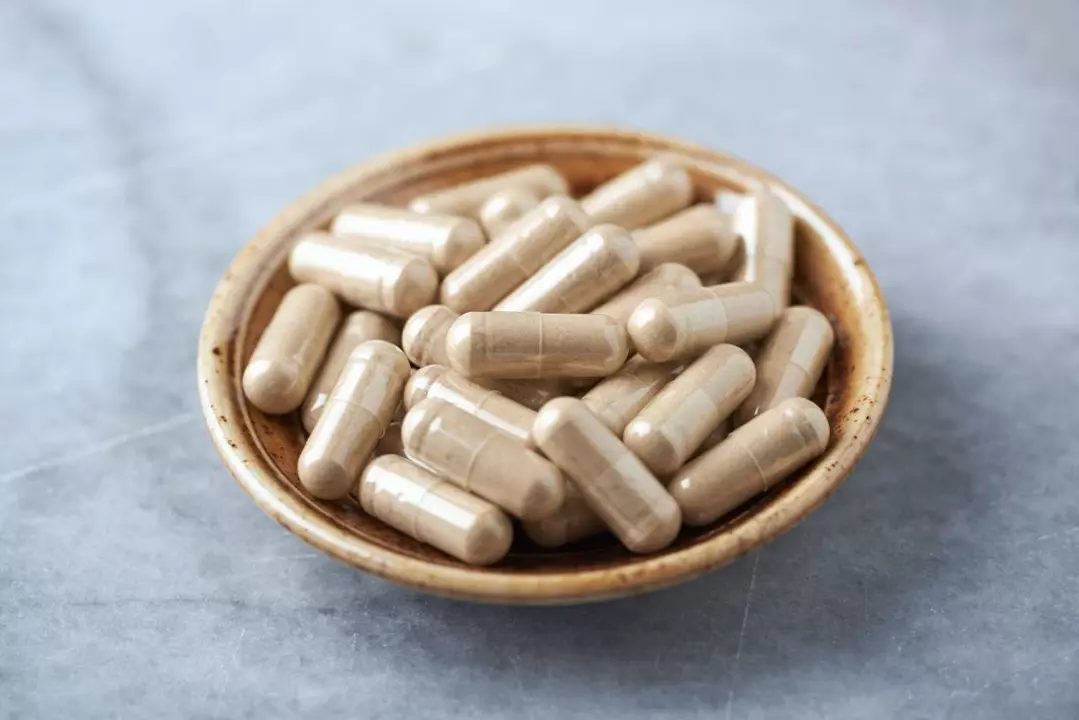Dietary supplements: smart choices, not quick fixes
Want to try a supplement but unsure what actually works? Supplements can help with specific issues—like blood sugar, joint pain, or low vitamin D—but they’re not magic. This page gives clear, practical tips so you pick products that help and avoid ones that can harm you.
Which supplements have real evidence?
If you’re managing insulin resistance, a few OTC options have decent data: berberine (commonly 500 mg two to three times daily), magnesium (200–400 mg/day), chromium picolinate (200–1000 mcg/day), alpha-lipoic acid (300–600 mg/day), vitamin D (1,000–4,000 IU/day depending on levels), and omega-3s (1–2 g EPA+DHA daily). These can modestly improve fasting glucose or insulin sensitivity, but effects vary person to person.
For general health, basics still matter: vitamin D if you’re low, omega-3s for heart health if your diet lacks fatty fish, and a standard multivitamin if your diet is inconsistent. For bone health, calcium plus vitamin D is a common combo. When hair thinning is the concern, topical minoxidil (Rogaine) is a drug, not a supplement—still, some people add biotin or zinc, but evidence for improving hair loss is weak unless you’re deficient.
How to pick and use supplements safely
Read the label. Check the active dose, serving size, and other ingredients. Avoid products with vague “proprietary blends” that don’t list amounts. Look for third-party testing seals like USP, NSF, or ConsumerLab—those reduce the chance of contamination or wrong dosing.
Think about interactions. Many supplements affect prescription drugs. Berberine can lower blood sugar and interact with some statins. Fish oil can thin blood—talk to your clinician if you’re on blood thinners. St. John’s wort affects lots of medications. If you take antibiotics or drugs like linezolid, ask about interactions with probiotics or tyramine-containing supplements.
Start low and track results. Try one supplement at a time for 6–12 weeks and note changes or side effects. Keep a list of everything you take—meds, vitamins, herbs—and share it with your doctor or pharmacist. Pregnant or breastfeeding people, children, and people with serious health conditions should check with a clinician before starting anything new.
Buy from trusted sources. Pharmacies and well-known retailers are safer than unknown websites. If you shop online, check reviews and whether the seller provides batch numbers and lab results. Avoid huge megadoses unless a clinician recommends them and monitors you.
Want more detail on a specific supplement or how one might interact with your meds? Read our related articles on insulin resistance supplements, safety tips, and product guides—or ask your healthcare provider for a quick check before you start.
Experience the Life-Changing Benefits of Ashwagandha: The Superhero of Dietary Supplements
I recently discovered Ashwagandha, a powerful dietary supplement that has truly transformed my life in various ways. This ancient herb, known as the superhero of dietary supplements, has multiple health benefits, ranging from stress reduction to improving brain function. I've personally experienced better sleep, increased energy levels, and enhanced mental clarity since incorporating Ashwagandha into my daily routine. I highly recommend giving this incredible herb a try to experience its life-changing benefits for yourself. Trust me, you won't regret it!

